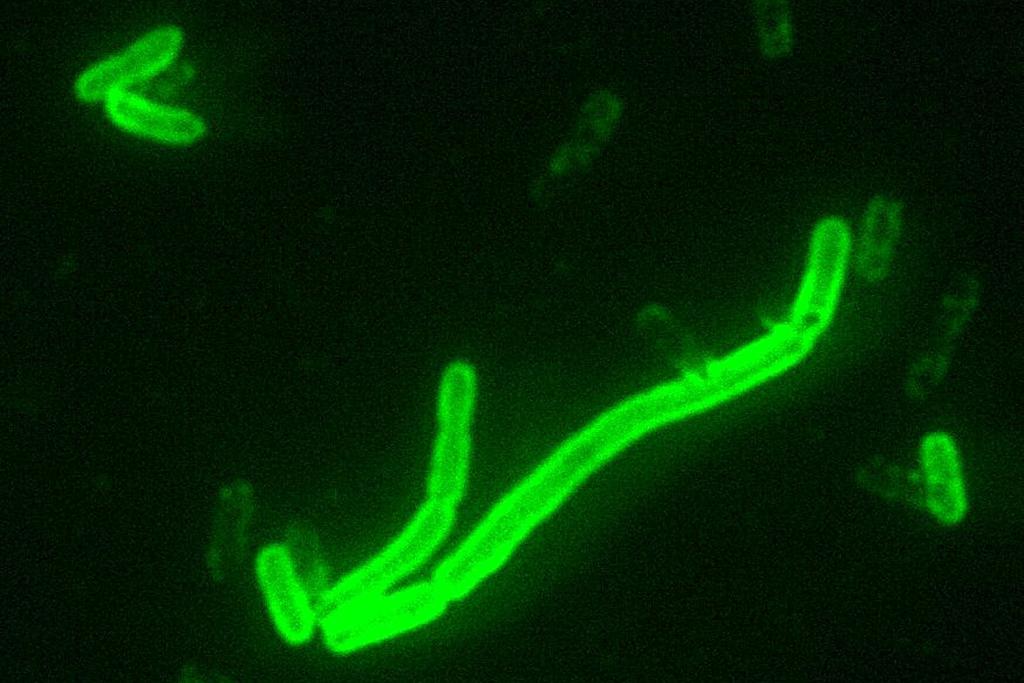Plague antibiotic cure Levaquin approved by FDA
Yersinia pestis bacteria that causes the plague. A new drug to treat the disease has been approved by the FDA.
The plague cure, Levaquin, was approved by the US Food and Drug Administration (FDA) this week.
The approval comes amid fears that the ancient illness that ravaged Europe in the 14th century could be used in a bioterror attack.
The plague is extremely rare in modern times, with about 1,000 to 2,000 cases each year.
Yet, during the middle ages, the plague or "black death," is said to have killed 30 to 60 percent of Europe's population.
Read more on GlobalPost: Drug-resistant malaria found in Africa
The new antibiotic, generically known as levofloxacin, is used to both prevent the disease from occuring in people exposed to it and to treat those already suffering.
AFP reported that the drug was approved after trials on monkeys.
Yet no human studies were done as there are not enough cases of plague in humans to conduct a clinical trial.
Several tetracycline drugs are currently prescribed for the plague.
“Today’s approval broadens the available therapeutic treatments for plague,” says Edward Cox, an FDA researchers said in a statement.
“It also further demonstrates the usefulness of animal model studies to collect needed efficacy data in cases where human trials are not ethical or feasible.”
Every day, reporters and producers at The World are hard at work bringing you human-centered news from across the globe. But we can’t do it without you. We need your support to ensure we can continue this work for another year.
Make a gift today, and you’ll help us unlock a matching gift of $67,000!
